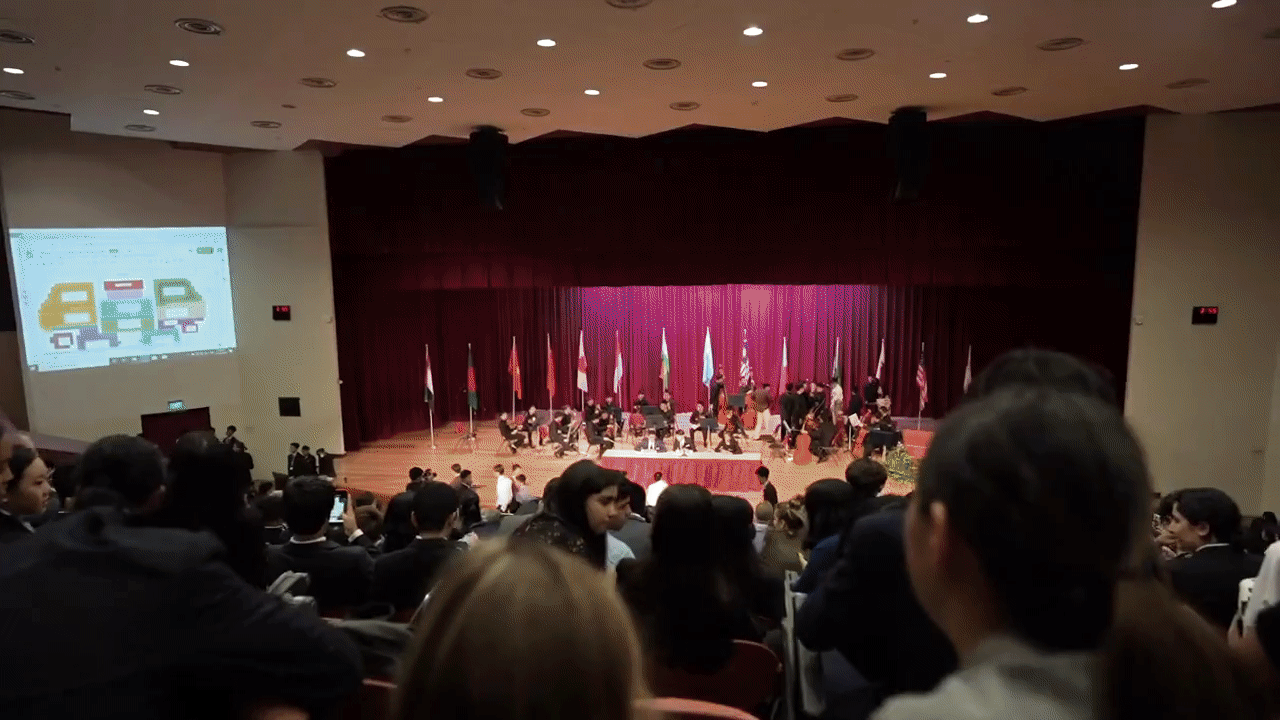Written by: Isabella Wood
Rich cultures that hold a range of different values, beliefs and ideologies are becoming a product of the past. In a time of human life that relies on technology, some of us are beginning to forget the culture and heritage that brought us together in the first place. Fortunately, people are beginning to realise that culture is being lost at a rapid rate, and have banded together to digitise it. An example of a successful movement to digitalise culture and heritage is the Singapore Memory Project.
The Singapore Memory Project is a movement that encourages users to submit their memories of Singapore and link them to historical events that happened in the nation and other cultural aspects of Singaporean life. Users can submit their own memories to the blog iremember.sg or enlist the help of the movement’s partners in order to connect their memory to a significant event. The memories of people are important to enable these cultural practices and heritage sites to be protected.
Delegates at the conference are supportive of measures— like the Singapore Memory Project— to protect cultural heritage. Joran Hsu (Admin Team, Hwa Chong Institution) is a Singaporean and part of the admin team. He views his nation as a “melting pot of cultures” and it “is evident in Singapore’s local food.” Hsu believes that culture and heritage “should not be sacrificed in the wave of economic development”, because the loss of culture could lead to the loss of national identity and belonging. Terence Ong (Admin team, Hwa Chong Institution) comments on a Singaporean value called “Kampong spirit”, being friendly and compassionate. Ong stresses the importance of digitalising culture and identity like the Kampong spirit, as it is “the only thing that bonds us together with the past generations”. Furthermore, Natalie Ang (Delegate of Singapore of GA6, Cedar Girls Secondary School) thinks that “Racial harmony should be protected” in conjunction with the protection of culture and heritage. Ang’s sentiment is shared by many participants. When delegates from Singapore were asked what historical sites in Singapore they want to be protected, most said Little India and Chinatown.
Hsu, Ong and Ang’s testimonies about the importance of culture and heritage in Singapore further establish why the digitalisation of culture and heritage is essential.

